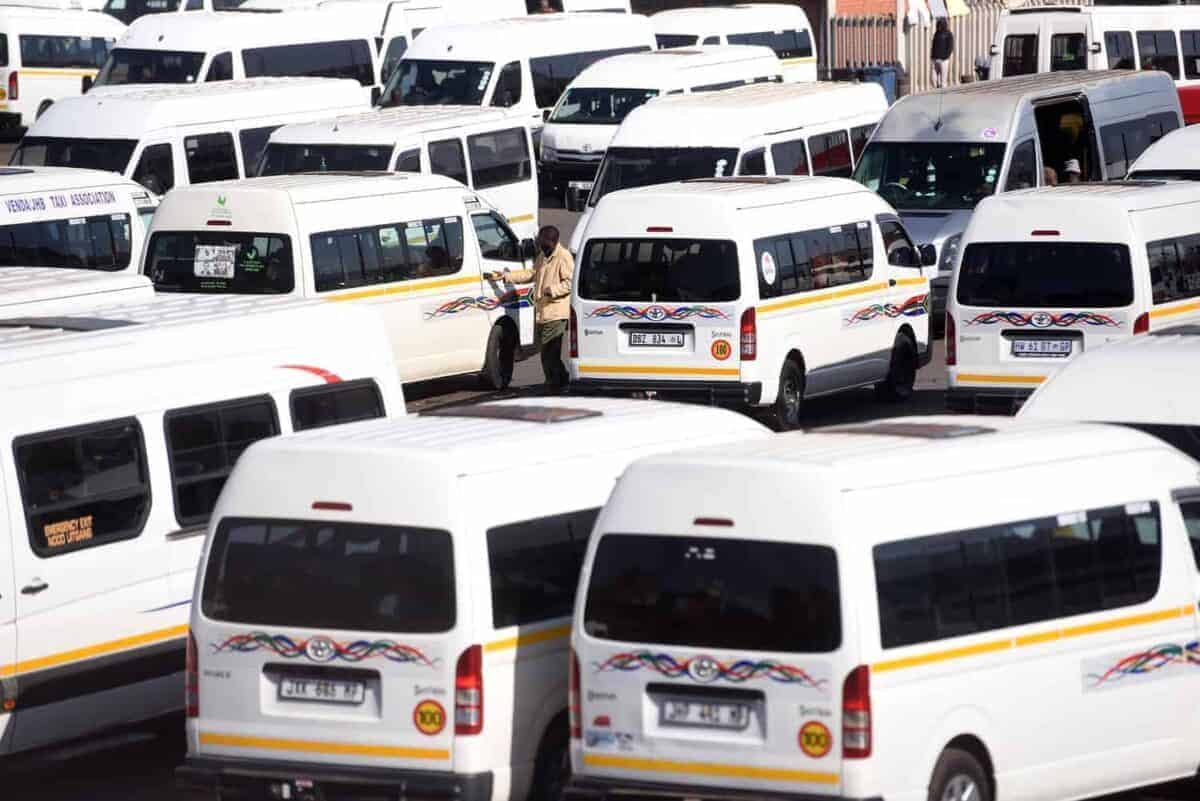South Africa’s taxi strikes and police dockets highlight the urgent need for consistent law enforcement across all sectors.

The South African taxi industry has gained a reputation of being a law unto itself.
Motorists and commuters are generally scared of standing up to the industry in cases where they feel they have been wronged, because the reputation of being a law unto themselves comes with a history of tending to resolve disputes through violence.
That reputation is not without justification. But the taxi industry is not unique in feeling that the law is not being applied justly to its members.
On Thursday and Friday last week, the Ekurhuleni chapter of the South African National Taxi Council (Santaco) went on strike without warning, leaving millions of commuters stranded and the province’s economy disrupted.
The cause? The Ekurhuleni Metropolitan Police Department (EMPD) had impounded nearly 20 minibus taxis for infractions of road laws.
ALSO READ: Ekurhuleni taxi commuters stranded as Santaco suspends operations
At about the same, the news cycle was abuzz about the decision of the National Police Commissioner General Fanie Masemola to hand back more than 121 dockets to the KwaZulu-Natal provincial task force into political killings.
The 121 dockets first hit the public limelight when KZN provincial commissioner General Nhlanhla Mkhwanazi first mentioned them as having been taken from the task team before they could be resolved.
They were placed in the hands of the currently suspended deputy national commissioner responsible for detectives, General Shadrack Sibiya.
There is something common about the taxi industry complaining that they feel their members are targeted by the EMPD, or law enforcement in general, and the mess that is going on in the South African Police Service top leadership.
The laws that have been put in place to govern how the taxi industry is run have been weakly and selectively applied for far too long and when there is a sudden application of the law in its strictest sense, it does indeed look like victimisation.
ALSO READ: E-hailing and taxi drivers turf war — Mkhwanazi steps in
When Mkhwanazi made the allegations against top police leadership and politicians moving in the same circles as criminals and even being in constant contact with them, any law-abiding citizen would have expected the law to come down hard on any of the police leadership implicated and politicians making it easy for criminals to evade justice.
What happened instead? A commission of inquiry was set up. That commission of inquiry has been postponed once already, while in the background dockets are being moved around. There are no arrests looming.
The laws that govern how the taxi industry must operate and the condition that their vehicles must be in to be acceptable to transport people are very clear, but they are not implemented consistently. Same as the laws that govern the behaviour of police officials and politicians.
The laws are there and are very clear, yet they are either selectively applied or not applied at all.
The week following the murder of an e-hailing driver at Maponya Mall in Soweto in the war between taxi operators and the e-hailing industry, there was a rush by government to declare that they have called everyone to the table and will now implement the National Land Transport Act.
ALSO READ: Why there may be no taxis in this KZN region on Monday
Among the changes that will be implemented will be the branding of all vehicles that operate in the e-hailing industry so they are easily identifiable.
A commission of inquiry and enacting new laws will not solve either the taxi industry’s problems or police leadership issues.
It is the proper, strict and consistent implementation of the laws that already exist that will bring order into the taxi industry and the police service. Or any other sector in South Africa.
Laws do not implement themselves, however beautifully written they are.






